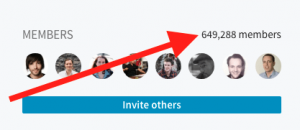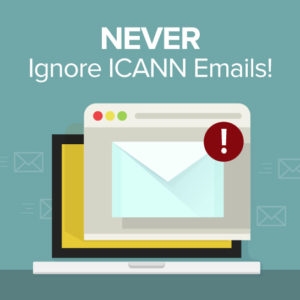
Citation building has long been one of the most talked about areas of SEO—particularly when it comes to local SEO.
In short, citation building can be described as the practice of building up information in online directories to increase your company’s search presence. It is a great long term SEO strategy as it diversifies your stream of traffic, rather than counting on Google for all of your visitors.
Citation sources can generally be split into three categories: those based on industry, those based on location, and national directories. It has been a common belief in internet circles—which included until recently such experts as Darren Shaw of Whitespark—that you should build citations up to a couple of months before you even add or claim your Google My Business listing.
Experts like Darren believed this method would build trust and allow you to rank easier, but even he admits this was speculation. The reality is this method may hold true for large companies trying to rank in competitive markets, but for the majority of us small and medium sized business owners operating on a more local scale, it turns out spending a lot of time upfront building citations isn’t necessary.
Instead of diving into filling in citations on different directories, it has been proven that you should be first focusing on-page website optimisation and optimisation of your Google My Business listing.
While citation building is a time-consuming practice, Google My Business and on-page optimisation can help you rank locally with little effort, and in as little as one or two weeks. There are many great resources out there to help guide you through both practices, and once you are happy with your efforts it is then time to move onto the longer term strategy—building up your citations.

Citation Auditing
When it comes to citations, just because a business is new doesn’t mean it’s starting from a clean slate. Old data from previous businesses at the same location, user-submitted citations, or even automatically generated citations are not uncommon, and therefore it’s advisable to do a complete audit before getting started.
Things to keep in mind when doing a citation audit:
- Report “Closed” businesses at the location
- Check for up to date information
- Confirm NAP (name, address, phone number) consistency
Citation Building
When figuring out which directories you should focus your efforts first, you should think in terms of which sources can generate you the most traffic. A quick and easy way to check this is to search ‘keyword + city’ in Google, and make a note of the directories that appear high in the SERPs.
When evaluating citation sources many look to domain authority as the number one factor, but this is more geared towards backlink purposes rather than local SEO. In being found and generating calls and enquiries etc. location relevance and industry relevance hold the most weight.
Analyse the results which appear high for your targeted keyword and pick out the local directories to focus on. A great way to find more local sources relevant to your industry—and also proven to rank in the SERPs—is to look up your competitors and copy their citation sources. Do this manually or use a tool like Bright Local which generates a citation matrix showing who is listed in directories for certain search terms.
Citation building isn’t as important as it used to be—but that doesn’t mean you should exclude it completely from your SEO efforts. With Google spearheading the shift towards user and search engine friendly websites, and optimised Google My Business listings, citation building has merely been moved aside to take place as the third place, long-term local SEO tactic.
Digital & Social Articles on Business 2 Community(126)
Report Post







